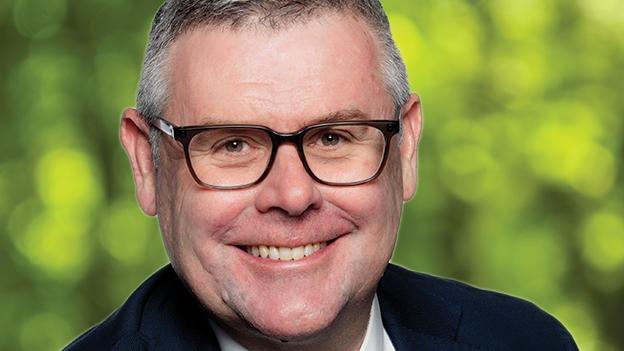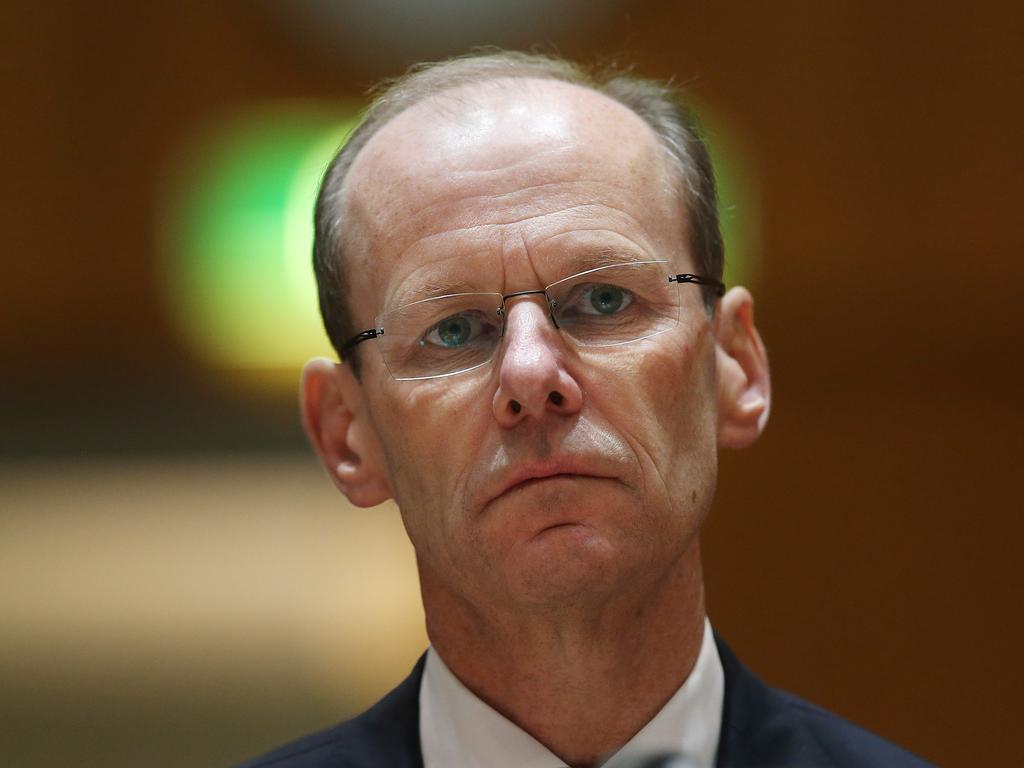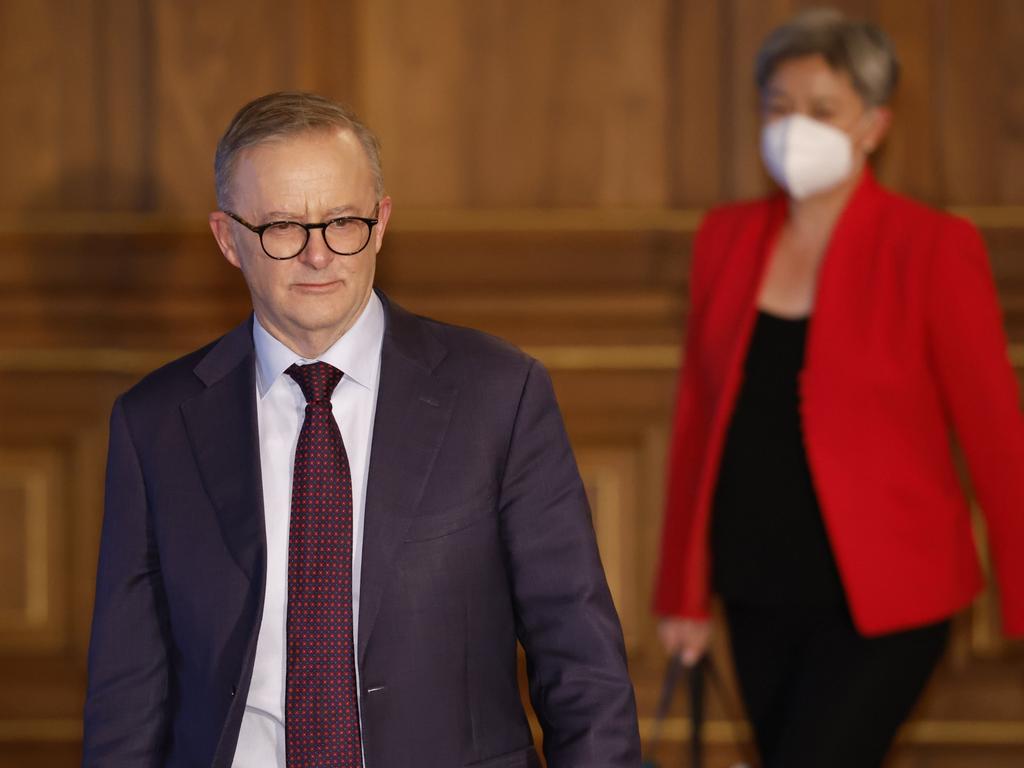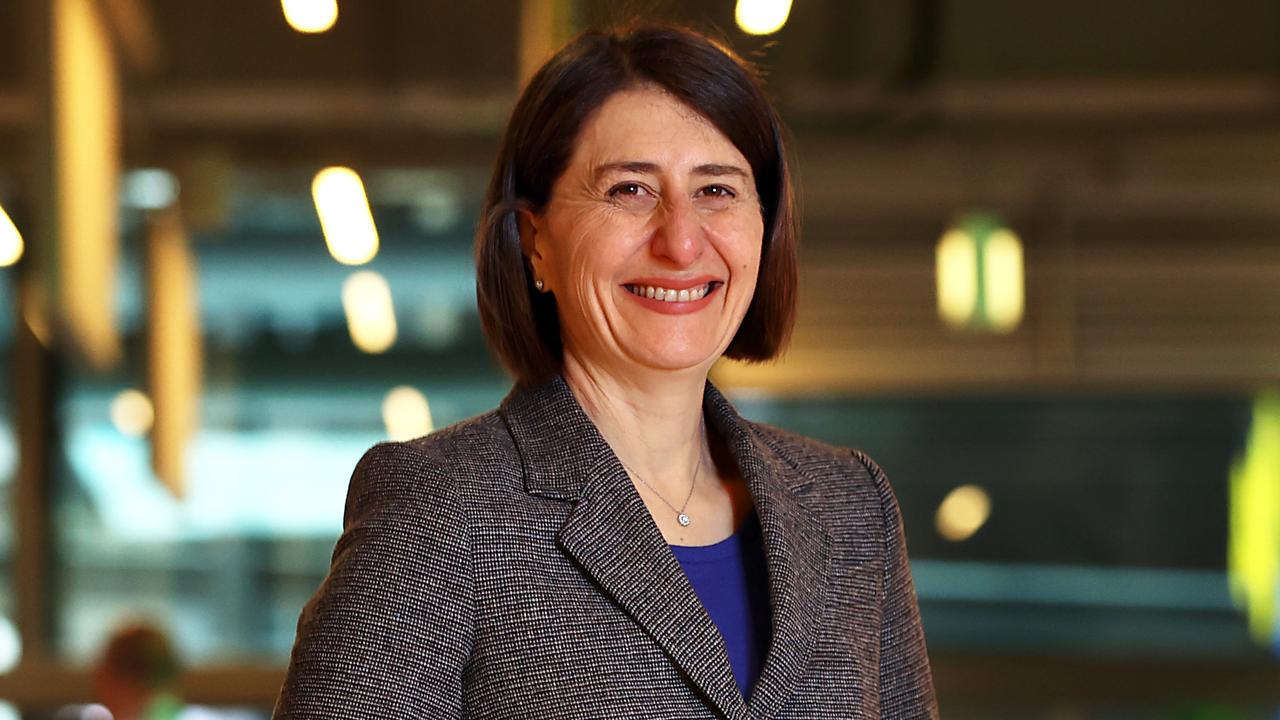Climate policy ‘a win for farmers’, says Murray Watt
Agriculture, Fisheries and Forestry Minister Murray Watt says he wants to bridge the gap between environmentalists and farmers.

Agriculture, Fisheries and Forestry Minister Murray Watt says he wants to bridge the gap between environmentalists and farmers as he declares there are “incredible opportunities” for the sector under Labor’s more ambitious climate change policy.
The Queensland senator, who has entered cabinet after serving in the outer shadow ministry in the previous parliament, laid out his plans to address workforce shortages in the farming sector through encouraging local workers into the regions and expanding temporary migration from the Pacific Islands.
He also outlined the government’s plan to invest $500m to encourage farmers to create food products in Australia rather than sell raw commodities overseas.
In an interview with The Australian after his first cabinet meeting, Senator Watt said a new government was a chance to “foster co-operation and leave some of those culture wars in the past”.
“Environmentalists and farmers don’t have to be enemies,” Senator Watt said.
“The election of a Labor government gives us an opportunity to move on from some of the culture wars that the previous government drove, particularly around climate change.
“They always sought to pit groups against each other: farmers against environmentalists, miners against environmentalists, country versus city.”
Senator Watt said Labor’s plans for a faster decarbonisation of the economy would be positive for the agricultural industry, with global demand predicted to increase for products that are farmed sustainably.
“It’s partly about keeping markets open for us in agriculture to continue doing what we’re doing,” he said.
“But, of course, there are incredible opportunities in carbon farming, in plantation forestry and producing more sustainable products.
“I don’t see farmers as environmental vandals. It is in farmers’ interest to maintain the environment. And the majority of farmers do that.
“So in some ways, carbon farming is an extension of things that many farmers are already doing, and I think it’s going to be a huge industry.”
With Labor sending mixed messages on the live-sheep trade at the election, Senator Watt said the government planned to phase out the practice but had no timeline on when this would be achieved.
He said the government did not yet have a policy on whether native logging should be phased out, as is planned in Victoria and Western Australia.
Senator Watt said workforce shortages were the biggest short-term issue in the sector, with Labor set to expand the Pacific Labour Scheme rather than continue the agriculture visa.
Senator Watt said Labor’s skills agenda would help locals gain qualifications to fill worker shortages in the sector.
“There is more that we can do to attract and retain Australian workers in the sector,” he said.
“I’ve always been a supporter of regionalisation … so where we can encourage Australians to fill some of those gaps, that would be a good thing.
“I think that there’s more that we can be doing with First Nations people to both harness their knowledge of the land and the seas and give them more opportunities to work in the sector.”
In line with Labor’s plan to increase local manufacturing, the government will reserve $500m of the $15bn National Reconstruction Fund to encourage value-adding in the food sector.
“It’s great that we grow the wheat. We also want to make the flour, we want to make the biscuits, we want to make the chocolate chips that go in the biscuits and harness the full value of the product,” he said.
“We obviously want to keep exporting raw commodities … but I think we do need to also put more emphasis on processed products, because of the economic benefits and employment benefits that will give regional Australia.”








To join the conversation, please log in. Don't have an account? Register
Join the conversation, you are commenting as Logout